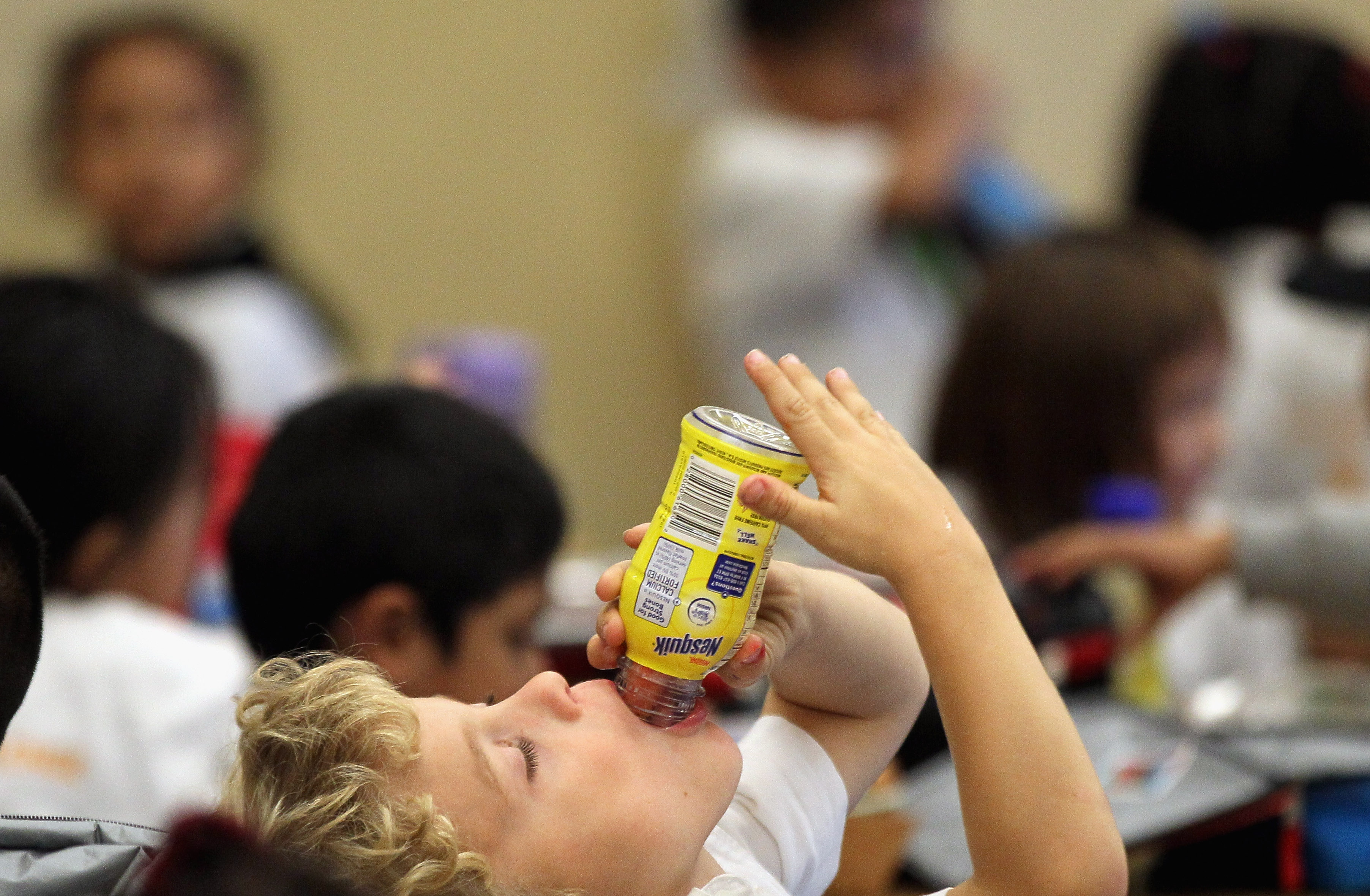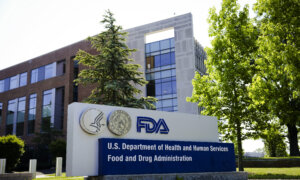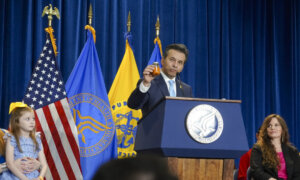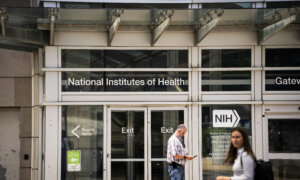Dairy companies have vowed to remove artificial dyes from products sold to schools under a new voluntary pledge unveiled by the International Dairy Foods Association on April 22.
The pledge, signed by numerous companies, states that businesses selling food to schools for national school lunch and breakfast programs will stop adding artificial dyes to the products by July 2026, or the start of the 2026-2027 school year.
The commitment will “help ensure children in grades K-12 continue to have access to the milk, cheese, and yogurt options they enjoy without any certified artificial colors,” Michael Dykes, president and CEO of the association, said in a statement.
Nearly 30 million children participate in the school meal programs.
Industry officials say most dairy products sold to schools are already free of artificial dyes because companies have removed or replaced them. Some products, though, contain Red 3, Red 40, Green 3, Blue 1, Blue 2, Yellow 5, or Yellow 6.
The Food and Drug Administration (FDA) has maintained in the past that artificial dyes are generally safe. However, Dr. Marty Makary, the new commissioner of the agency, announced on April 22 that regulators are banning two dyes and working with companies to eliminate the remaining authorized colorings.
“American children have increasingly been living in a toxic soup of synthetic chemicals,” Makary said at a press conference. “The scientific community has conducted a number of studies raising concerns about the correlation between petroleum-based synthetic dyes and several health conditions, such as attention deficit hyperactivity disorder, obesity, diabetes, insulin resistance, cancer, genomic disruption ... and allergic reactions.”
Officials pointed to a 2012 paper that documented how some dyes were found to be carcinogenic or cause hypersensitivity reactions and a 2007 study found that additives led to increased hyperactivity in children.
Dairy industry officials noted that five states, including West Virginia, have already passed laws banning artificial dyes in schools. They said they believe other states will likely follow suit.
All of the companies that are members of the International Dairy Foods Association, including Sargento Foods and Turkey Hill Dairy, have signed the pledge, according to the association.
The association’s announcement “shows how the dairy industry is voluntarily driving change and giving consumers what they want, without government mandates,” Agricultural Secretary Brooke Rollins said in a statement. She said she looks forward to other industries working with the government to fulfill the Trump administration’s efforts to “Make America Healthy Again.”
While the FDA banned the use of Citrus Red No. 2 and Orange B, on top of a previous ban on Red No. 3, officials chose not to revoke authorization for six other synthetic dyes used in food and drinks. Instead, Makary and Health Secretary Robert F. Kennedy Jr. said food and drink companies have pledged to phase out the remaining dyes.
“I believe in love, and let’s start in a friendly way and see if we can do this without any statutory or regulatory changes, but we are exploring every tool in the toolbox to make sure this gets done very quickly,” Makary said.
“We appreciate that the administration has reasserted their leadership in response to the myriad of state activity in the food regulation space,” Melissa Hockstad, president and CEO of the Consumer Brands Association, which represents food and drink manufacturers, said in a statement. “A state patchwork of differing laws creates confusion for consumers, limits access to everyday goods, deters innovation, and increases costs at the grocery store.”
Some critics have said that officials should ban all the dyes, instead of relying on voluntary commitments.
“History tells us that relying on voluntary food industry compliance has all-too-often proven to be a fool’s errand,” Dr. Peter Lurie, president of the Center for Science in the Public Interest, said in an April 22 statement.














